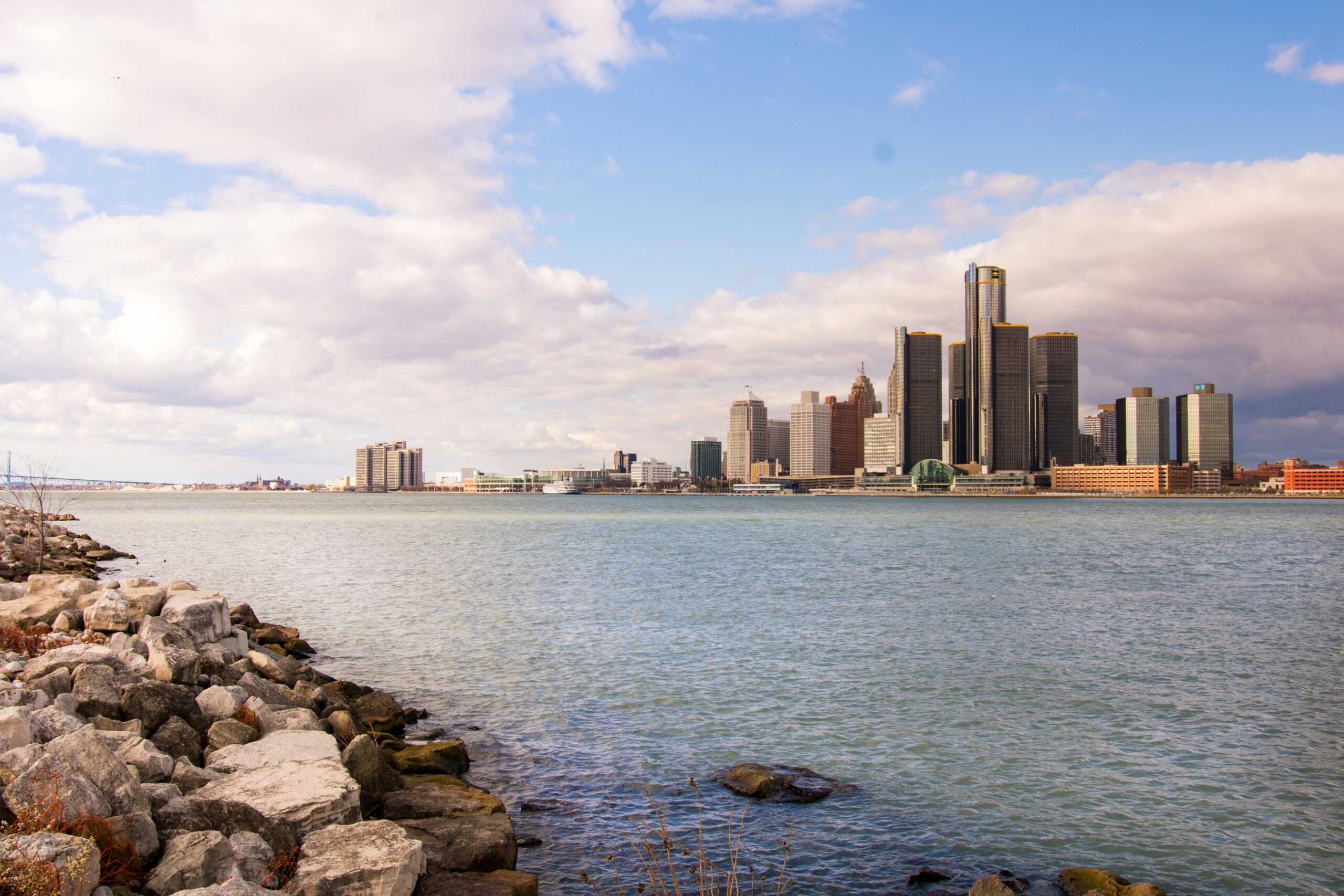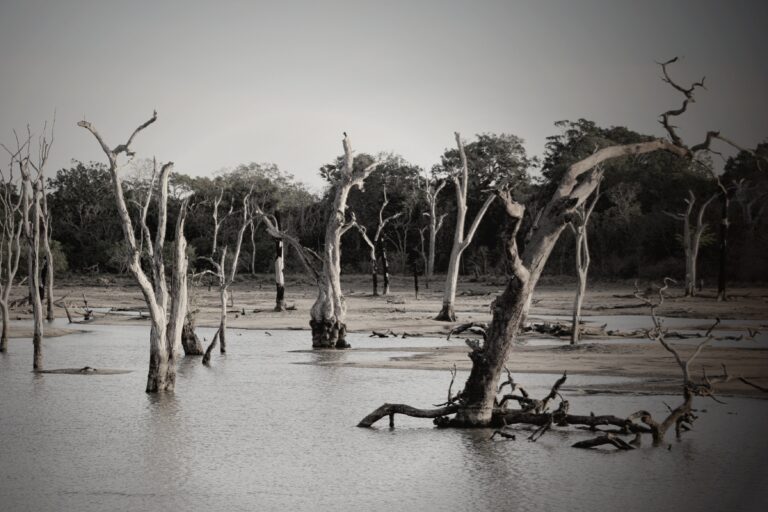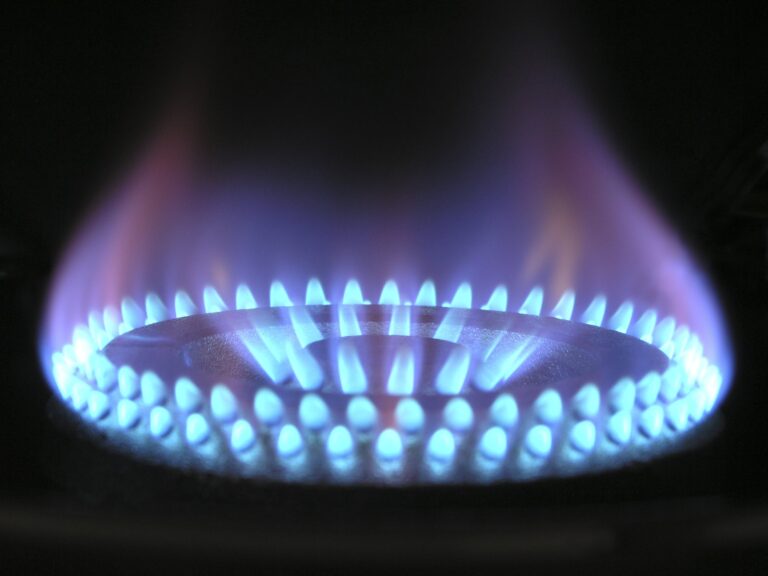Detroit Is America’s Climate-Friendly City

About three years ago, internationally renowned researcher and author Parag Khanna wrote that, as climate change worsened, people may have to find refuge in areas around the Great Lakes. Recently, there has been more support for that point of view.
Weather Problems –Climate And Electricity
Water Shortage –States Without The Problem
In an essay in The Atlantic, “America’s Climate Boomtowns Are Waiting,” author Abrahm Lustgarten made a similar case, particularly for metropolitan areas in the northern Midwest. “From a climate standpoint, there couldn’t be a safer place in the country—no hurricanes, no sea-level rise, not much risk of wildfires.”
Cities like Detroit need to be rebuilt, but not to the extent many people would imagine. It already has extensive roads and highways where people can drive their EVs. Much of the city’s housing is in disrepair, partially because the poverty rate has risen to about a third of Detroit’s population. However, the City of Detroit sells houses for as little as $1,000. Buying them and remodeling them is likely cheaper than buying new homes.
Electricity And Education
DTE Electric Company, one of the largest utilities in America, provides the city with electricity. The Detroit Sewage and Water Company already serves 700,000 people. Several large universities, including the widely regarded University of Michigan, are located just 40 miles away in Ann Arbor. Detroit also has an extensive hospital system.
Detroit also sits near Lake St. Claire, between two of the largest freshwater lakes in the world: Lake Huron and Lake Erie. The average temperature in Detroit is in the mid-30s in the winter and high 70s in the summer. It rarely suffers from violent climate events.
Detroit is part of a cluster of medium-sized cities, including Ann Arbor, Pontiac, Toledo, and Lansing. That means an abundance of places with built-out infrastructure and housing.
With a population of about 700,000, Detroit has lost half its residents since 1960. However, it could start to grow again.
More from ClimateCrisis 247
- Tampa Real Estate Continues To Fall As Miami Softens
- Climate In A Bottle
- Phoenix Blackout Could Send Thousands To Emergency Rooms
- Can Drones Replace The Weather Service?






